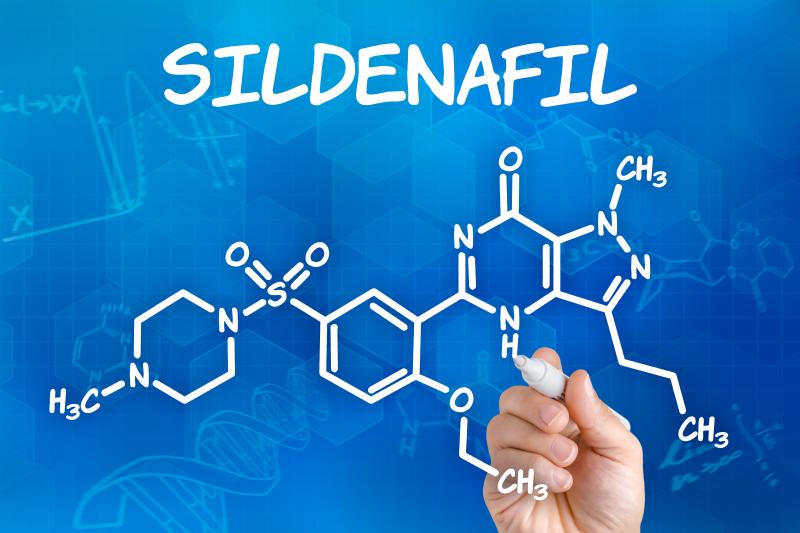
Sildenafil monotherapy confers benefits for ventilatory inefficiency in paediatric patients with pulmonary arterial hypertension (PAH) who are able to exercise, according to the results of a trial.
The 16-week trial evaluated the effect of sildenafil on cardiopulmonary exercise testing (CPET) in 234 treatment-naïve children with PAH. The children were randomly assigned to one of the following treatment groups: low (10 mg), medium (10–40 mg) or high (20–80 mg) sildenafil dose, or placebo.
Participants underwent CPET by cycle ergometry at baseline, week 16 and year 1. Researchers measured aerobic capacity with peak oxygen consumption (PVO2) and ventilatory inefficiency with the slope of ventilation to carbon dioxide production (VE/VCO2 slope).
In the cohort, 115 children were developmentally able to perform exercises. Compared with placebo, the combined sildenafil dose groups yielded a 7.7-percent (95 percent confidence interval [CI], −0.2 to 15.6) increase in mean PVO2 from baseline at week 16 (p=0.056). This significant improvement was sustained through 1 year only in the low-dose group (mean, 12.4 percent; 95 percent CI, 3–21.8).
Results for the week 16 VE/VCO2 slope were similar, with the combined sildenafil dose groups producing a −9.7-percent (95 percent CI, −14.9 to −4.5) mean improvement from baseline compared with placebo (p<0.001). There were no significant changes for any dose group at year 1.
The present data demonstrate that some children with PAH are able to exercise and perform interpretable CPET, and that metabolic stress testing is safe and can be repeatedly performed in this population, according to the researchers.
Additionally, the study suggests that ventilatory inefficiency may be a more reliable measure of change in exercise gas exchange in paediatric PAH.